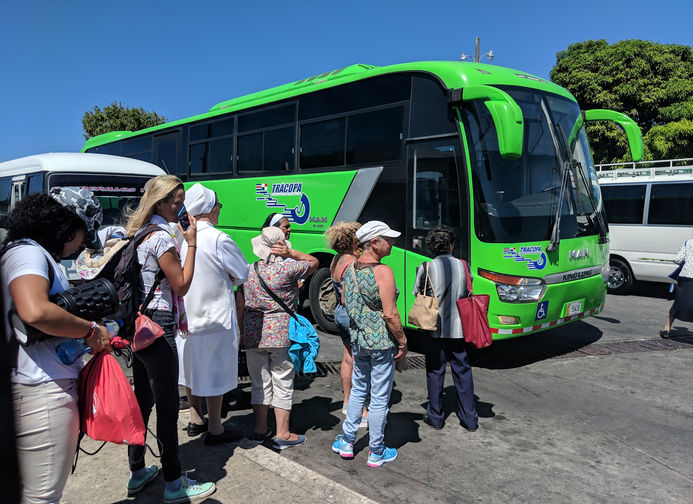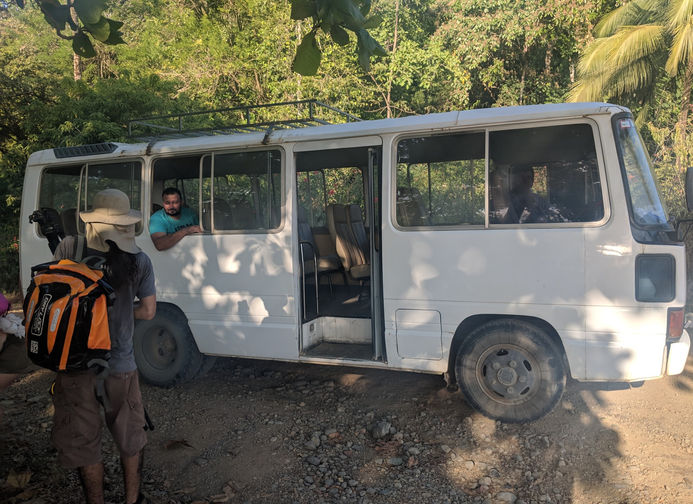
The Answer
Summary:
Reading news articles about the rise in terrorist activities in metropolitan cities may deter some people away from traveling to those cities. If the average person keeps up with the news and read about the history of attacks in Britain or global terrorism events that followed an upward trend which peaked in 2014, they may be likely to think twice about about the destination. While this less willingness is confirmed by a random sample survey from the Gallup Poll, the findings based on U.S travel statistics and global terrorism database appear to show insignificant relationship between the variables with one anomaly for Middle East & Africa. The findings also show a possibility that people travel habits may be based on world economy changes. The 2008-2010 recession appears to have the strongest effect on the number of flights. We also that the terrorist attack that has the most observable effect on travel is the 9/11 event. Post 9/11, the data does not definitely show that fear of terrorist attacks deters people from traveling. There may be a collective awareness in economically advanced nations and terrorist affected countries as well as the government's tighten safety control on travel warnings/advisories. In general, the majority of Americans travelers tend to visit Europe, Mexico, Canada and Asia which means that Americans already do not travel in large quantities to other regions with heightened terrorist attacks, making it much harder to qualitatively study the relationship of the variables.
Implications:
If there is a sufficient correlation between fear from terrorism and travel, then the effect can be the loss of revenue for the tourism industry especially for the countries that depend heavily on tourism. The market of products and services that make us "feel safe" becomes profitable when people view them as a necessity to traveling. Most importantly, the heightened sense of the collective fear about cities and crowded place could potentially increase government vigilance and associated involuntary privacy policies for its citizens.
Additional Notes:
*If given more time and more specific flight data per country, a break down of per country analysis instead of regions may give a more definitely answer to whether fear from terrorism attacks deter people from traveling to the particular country.
"The most important thing for us to do is to keep traveling, learn about the world, help them better understand us and come home , and help us better understand them."
-Rick Steve
Recommendations
One aspect of terrorist attacks is that an event can happen anywhere in crowded places and have no boundaries. For this reason, if there is fear in traveling from the increasing number of terrorist attacks, then we should not allow terror to win. Traveling as a political act is a way to not play into the collective fear that plagues societies. For some people that means going beyond Disneyland or grandma's home in Mexico or relatives in Canada. It means to put oneself out of the comfort zone and experience what is out there beyond the the continent you're living on. As the travel journalist Rick Steve have said "Have a safe trip" should be replaced with "Bon voyage". I think gaining a greater understanding and appreciation for other cultures is one of the best rewards that traveling brings. That being said, some people do not have the discretionary income to travel. However, this is not an excuse to not going abroad. For many, it is choosing to owning a thousand dollars smart phone but not spending a few hundreds on a plane ticket. In the end, going outside is a right that belongs to individuals and we should exercise that right to reap its potentials for a greater world understanding.
Below is a personal gallery of my travel journeys with descriptions in hope of inspiring the public to travel to places other than home.














